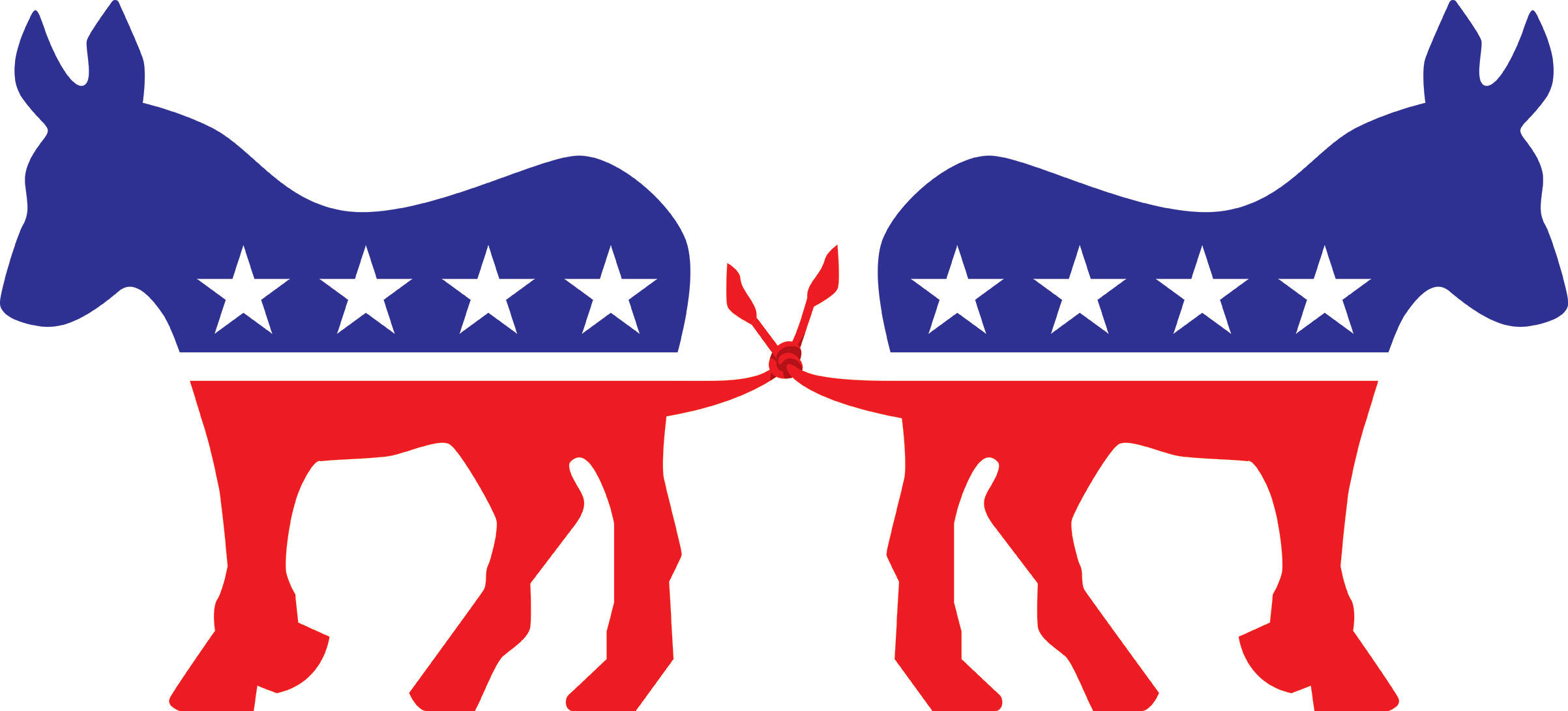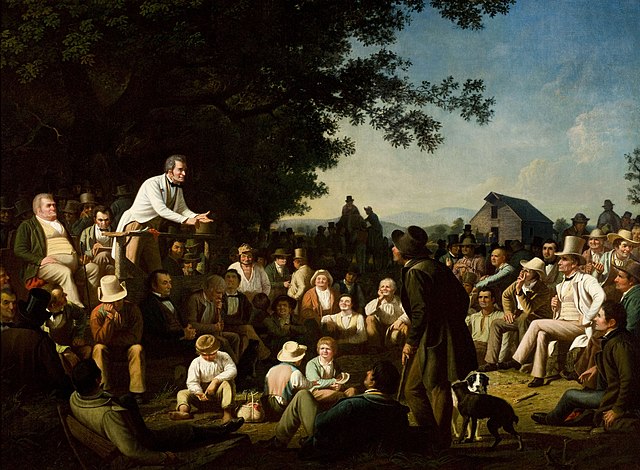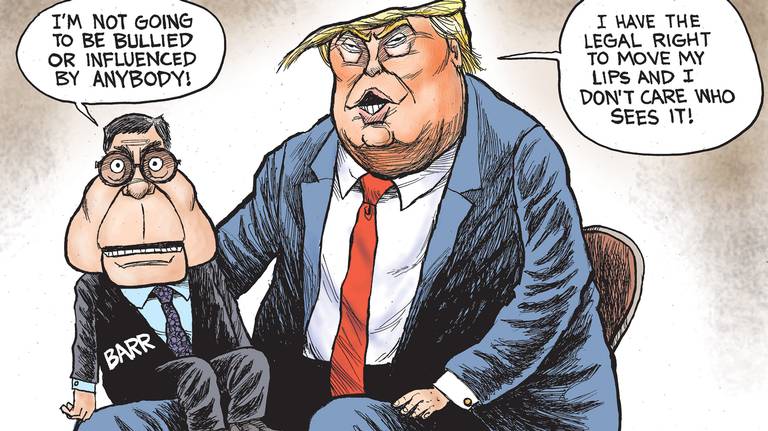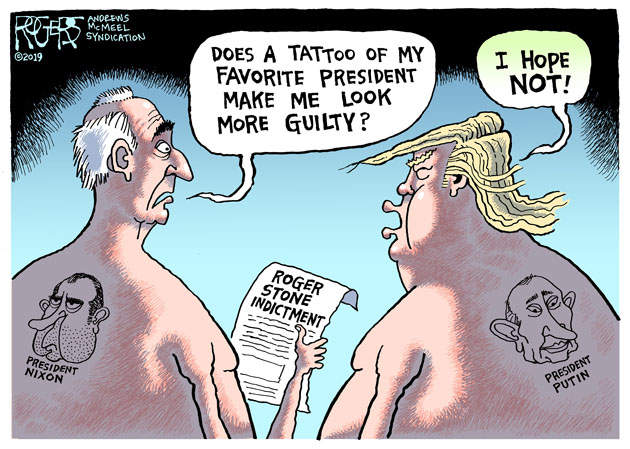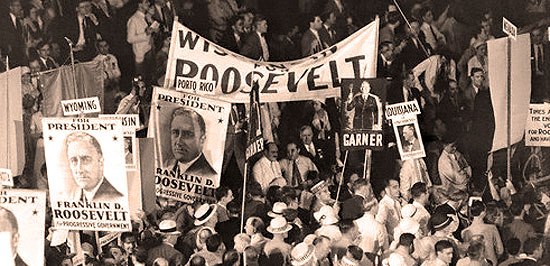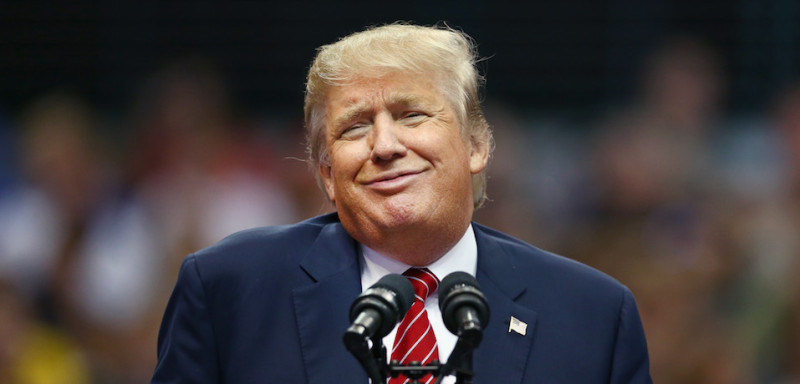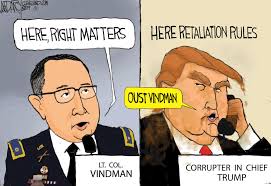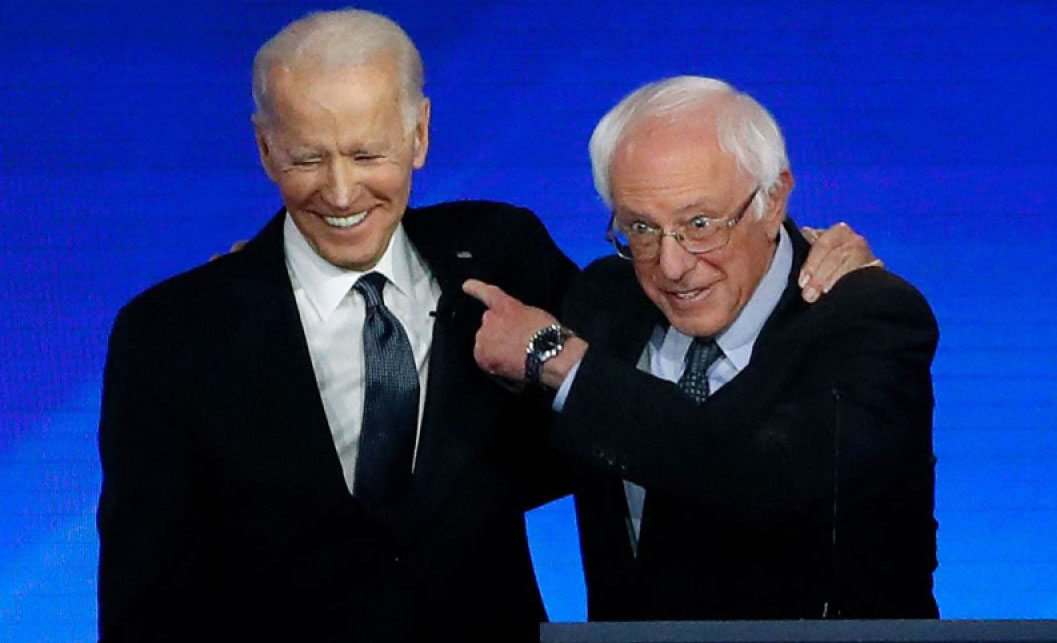Over the past three decades, for how many years have Democrats held the White House and both houses of Congress? The answer is four. Those would be the first two years of the Bill Clinton administration and the first two years of the Barack Obama administration. This is a big reason we can’t have nice things.
The 1994 midterm elections are still spoken of as the “Republican Revolution,” or sometimes the “Gingrich Revolution.” The GOP picked up 54 seats in the House and 8 in the Senate, which flipped both houses. Democrats briefly took the Senate back in 2001, when Senator James Jeffords of Vermont switched from the Republican to the Democratic party, giving the Dems 50 seats. In October 2002 Democratic Senator Paul Wellstone of Minnesota died in a plane crash, and an independent was appointed to replace him. Then a special election in November flipped another Senate seat, and the Republicans had the majority again.
The 2006 midterms were a triumph for Democrats, who took back both the House and the Senate for George W. Bush’s final two years. (The Senate actually had a 49 to 49 seat tie, but the two independent senators, Lieberman and Sanders, caucused with Democrats.) But after Obama was elected, Republicans took back the House in the 2010 midterms and the Senate in 2014.
It’s true that most of the time the executive and legislative branches are at least partly divided between the two parties. But Congress was solidly Republican for five years of George W. Bush’s tenure and for the first two years of Trump’s occupation of the White House, giving Republicans a much freer hand in wrecking the country.
Another set of numbers that I bring up from time to time: During the Obama Administration the Democratic Party lost a net total of 13 governorships and a whopping 816 state legislative seats, along with 12 and 64 seats in the U.S. Senate and House, respectively. Although there is much nostalgia for the Obama years, those numbers ought to tell us there was trouble a-brewin’ then.
I bring this up because, along with defeating Trump, we absolutely must also break the Dems’ congressional curse. That means taking both houses of Congress in November and keeping them through the 2022 midterms and beyond.
This is the core problem for the party today: finding the leadership and policies that not only win in 2020 but also increase support instead of dampening it and igniting the opposition.
“Big, structural reforms,” to use Elizabeth Warren’s phrase, require sustained power. The federal government is riddled with “veto points” — opportunities for blocking change in Congress, the courts and the states that create a bias in favor of the status quo. The life tenure of Supreme Court justices and slow turnover of the Senate also put a brake on change.
Large-scale change requires Democrats to do what they did in the 1930s and 1960s and have been unable to do since — win a series of elections, build both popular and judicial majorities, and fundamentally alter not just individual policies but also the basic understanding of government’s role.
If Democrats want to effectively address income inequality, climate change, voter suppression, and other critical issues, they will need to do more than defeat Trump. They will need to control both houses of Congress also, and they will need to keep that control through the 2022 midterms and beyond. They will need more than two years to get sustainable programs and policies up and running.
Paul Glastris wrote in Washington Monthly awhile back,
As Democrats think and argue about how to win back power, and what policies to implement when they do, one crucial fact is missing from the conversation: it will take something very special—some very new thinking—to avoid the fate that always befalls Democrats, namely, losing control of government after two years.
There was a time when divided government didn’t have to mean bad government. That time has passed. If the Obama years showed anything, it is that, when in opposition, the modern Republican Party has no goal beyond blocking the Democratic agenda, whatever that may be, and will transgress hitherto undisputed democratic norms to do so. Operationally, the GOP’s governing objectives have devolved to two base goals: transferring wealth upward, and staying in power. Because the former goal is unpopular, achieving the latter increasingly requires the party to rely on anti-democratic means: voter ID laws and voter roll purges designed to suppress minority and youth turnout; hyper-partisan gerrymandering; filling the federal judiciary with ideological conservatives committed to weakening the power of unions and enhancing that of corporations; and so on. (That’s all on top of constitutional features, like the Electoral College and the Senate, that give the GOP representation that is out of proportion to its votes.)
One of the reasons I support the more progressive candidates is that I believe they will push harder to do something in those critical first two years of the next Democratic administration. And I hope also that next Democratic president will put a lot of effort into explaining to the people what the administration is doing.
It’s true that Barack Obama got the Affordable Care Act passed in his first two years, after a hard fight. But one of his failures — and this is a bit hard to understand, given his considerable talents as a speaker — is that he allowed news media and the Republican opposition to frame and explain the ACA and use it against him in the 2010 midterms. And then he was boxed in for the rest of his tenure in office.
A significant cause of the midterm loss in 2010 was that young voters failed to turn up at the polls. John Nichols wrote in The Nation:
In 2008, polls showed that young people were overwhelmingly supportive of Obama and the Democrats. And they turned out in droves. According to the research group CIRCLE—The Center for Information & Research on Civic Learning and Engagement—which tracks civic engagement among young voters, 51 percent of 18- to-19-year-olds voted that year.
In 2010, polls showed that young people were still supportive of Obama and the Democrats. But only 20.9 percent of them bothered to vote.
It’s worth reading what Nichols wrote back in 2010 about why the young folks stayed home. In brief, the Dems either did not address issues of concern to younger people, or when they did make some progress on those issues, they failed to communicate what had been accomplished.
And, as I remember, the DCCC and DSCC did a bang-up job running white-bread centrists in 2010 who provided little contrast with Republicans for too many offices. “About two dozen moderate to conservative Democrats in the House of Representatives were defeated this week, leaving a more liberal party in Washington,” McClatchy reported. Naturally, this persuaded the Democrats to keep doubling down on centrists in the next election cycles.
Oh, and did I mention that during the Obama Administration the Democratic Party lost a net total of 13 governorships and a whopping 816 state legislative seats, along with 12 and 64 seats in the U.S. Senate and House, respectively? I believe I did.
Democrats will need to control government for a sustained amount of time to undo the damage Republicans have done and to show America that they can make government work for the people and not the powerful. Plus a few years out in the wildnerness would be a powerful incentive to Republicans to kick out the whackjobs and start behaving like a responsible political party in a representative democracy again.
My fear is that even if we defeat Trump in November, if we don’t control both houses of Congress we’ll face bigger defeats in the midterms. And if we don’t show some real progress to the American people, the next Republican president and Congress could be even more despotic and corrupt than what we have now. They’ve been going from bad to worse, you might have noticed.
I have some quibbles with Paul Starr’s column, as he seems still too cautious to me, favoring “incremental moderates” over “transformational progressives.” “Incremental” to me has become a code word for “invisible to everyone outside the Beltway.” If we achieve a takeover in 2020, it will not be time to play it safe. Dems will have two years to show people what they can do. It had better be good.
